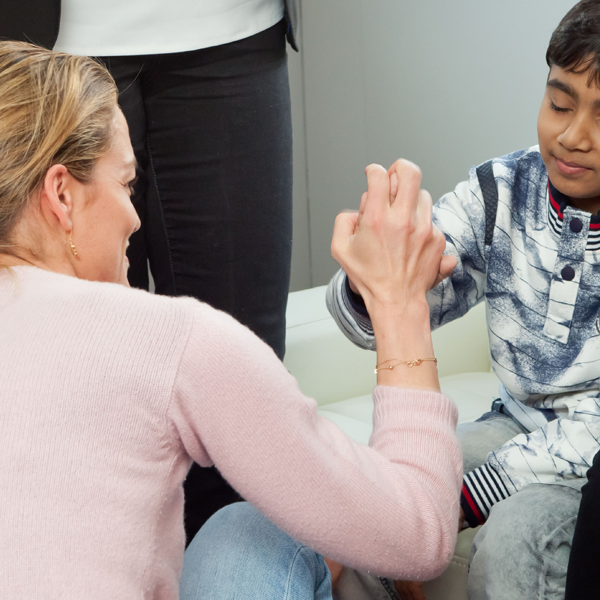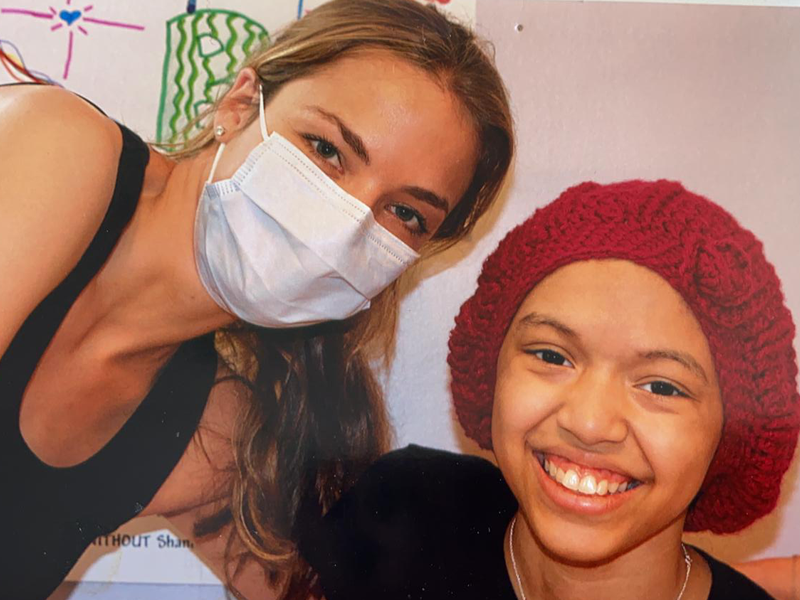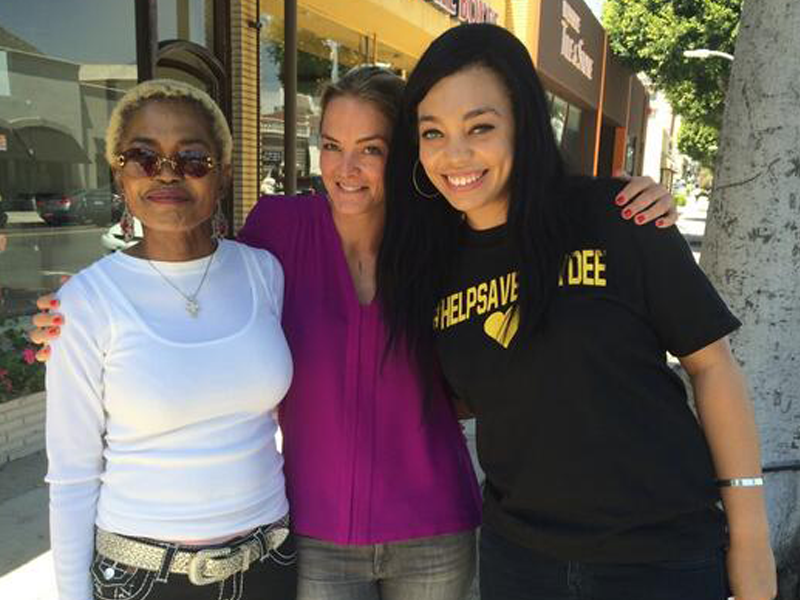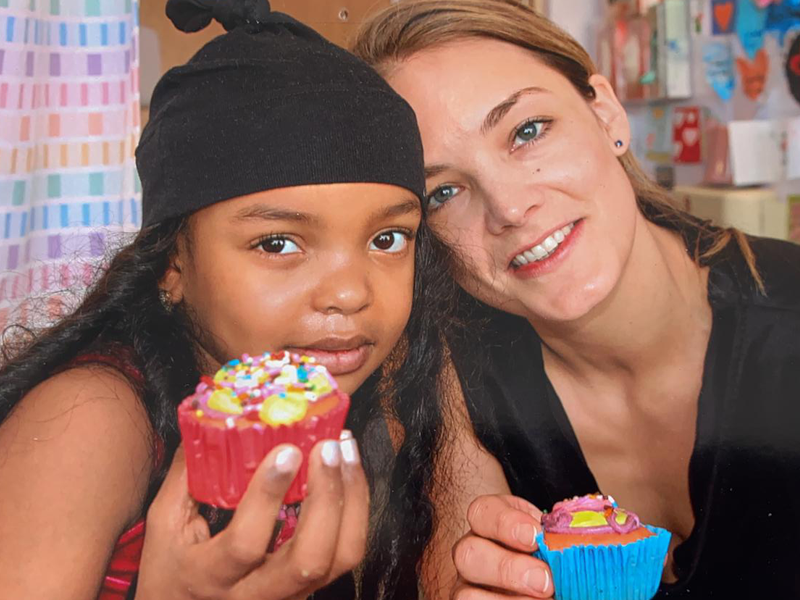“My big dream is that every patient will be saved"
For Katharina Harf, the motivation to change the lives of blood cancer patients is personal.
For Katharina Harf, the motivation to change the lives of blood cancer patients has always been personal. At 14 years old, she watched her mother fight and ultimately pass away from leukemia. Inspired by her mother’s strength throughout her battle and aware of the fact that a stem cell donor could mean a second chance for patients like her, Katharina embarked on a mission to ensure other families were saved from the painful experience of loss that her family suffered.
After receiving an education from Harvard, Katharina co-founded the first international branch of DKMS in the US with her father in 2004. Through the creative use of innovative, multi-platform marketing campaigns, the amplification of patient voices, and record setting fundraising galas, Katharina quickly led DKMS US to great success, adding over one million new potential stem cell donors since the office’s founding.
Today, Katharina Harf is the Executive Chairwoman of DKMS US and the Vice-Chairwoman of the Foundation Board of DKMS globally, acting as the public face of the organization. Together with Global CEO Elke Neujahr, Katharina is overseeing all activities of the international group operating in seven countries across five continents with over 10 million registered donors worldwide. Katharina’s personal personal passion and values have also shaped the core of the organization’s guiding philosophy: we do not work for a company, but rather live for a cause. By treating every patient, donor, and staff member with the love and care of a family member, Katharina has ensured that, as the organization continues to expand its lifesaving work, it remains firmly rooted in the belief of the overwhelming power of love and hope.
Now, as a parent herself, Katharina Harf carries on her mother’s legacy in hopes of showing her daughter that, through passion and dedication, nothing is truly impossible.
“My big dream is that every patient will be saved from blood cancer and other blood disorders. When they get sick, we have a solution for them; whether it’s a donor, improving therapies through research, or simply helping to provide access to transplantation. In this approach, we see no borders, believing that everyone, everywhere, deserves a second chance at life. We will keep fighting for them and keep spreading the word, recruiting donors, raising money. Whatever it takes to make this dream a reality.” Katharina Harf




